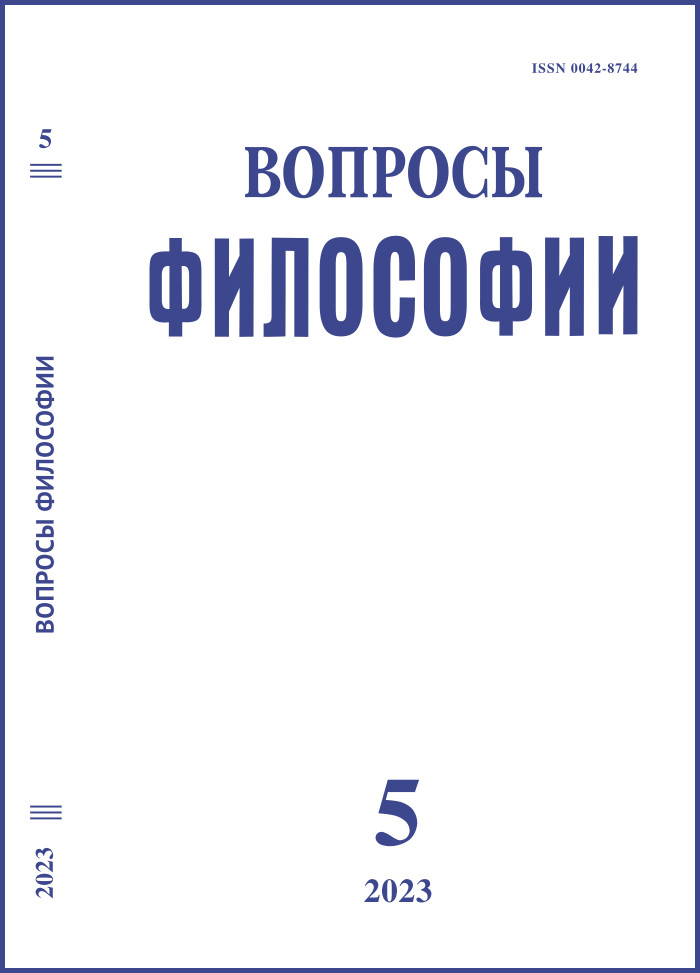“Philosophy” in Classical India: a Regimentation of the Sources
DOI:
https://doi.org/10.21146/0042-8744-2023-5-79-85Keywords:
philosophical self-reflexion, defining, controversy, the literature on dharma, the literature on politics, Nyāya, analytic practiceAbstract
The author enters an already old dispute, that is whether a countеrepart of the notion of philosophy could be encountered in the traditional India, upholds the view that the term ānvīkşikī (lit. “investigation”) was nearest to it and traces its meaning along the texts on dharma (from the Gautama-dharmasûtra, i.e. the 2nd century B.C., to the later medieval commentaries on the Mānavadharmaśāstra), politics (the Arthaśāstra and Kamandaki’s Nītisāra), poetics (Rājaśekhara’s Kāvyamīmāňsā) and philosophy properly (the basic commentary and subcommentary on the Nyāya-sûtras by Vātsyāyana and Uddyotakara, i.e. from the 5th to 7th centuries A.D.). Two main avenues to the understanding of philosophy’s vocations in India have been paved in the Mānavadharmaśāstra, along with commentaries thereon and by Kamandaki (as the knowledge of Ātman) and in the Arthaśāstra and the texts of the Nyāya school (as a metascience helping the other branches of knowledge bear their fruits). Therefore philosophy in India as well was regarded as the duality of ideological and methodological constituents, and it was Vātsyāyana who in all clarity pointed out that his science of Nyāya was not “the mere knowledge of Ātman” in the manner of the Upanişads but the same knowledge as realized in the context of professional investigation of 16 categorial topics. It is the significance of ānvīkşikī as examination of concepts with the philosophers of Nyāya and as polemical debate with Rājaśekhara that leads one to conclude that in classical India philosophy has been regarded not as a body of doctrines but as analytical practice (with the exact similarities to Wittgensteins’s understanding of it) as realized in controversy and that unfolds very meaningful horizons for comparative philosophy

